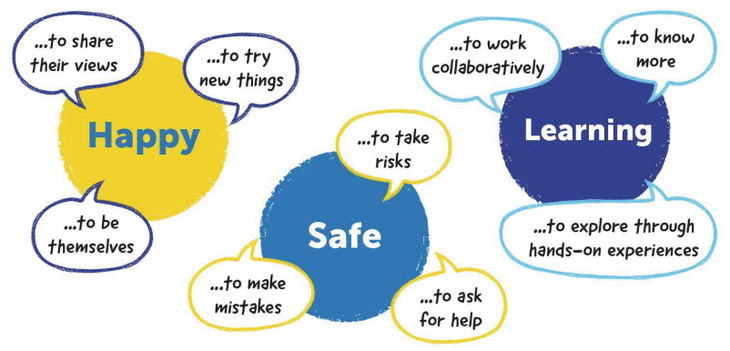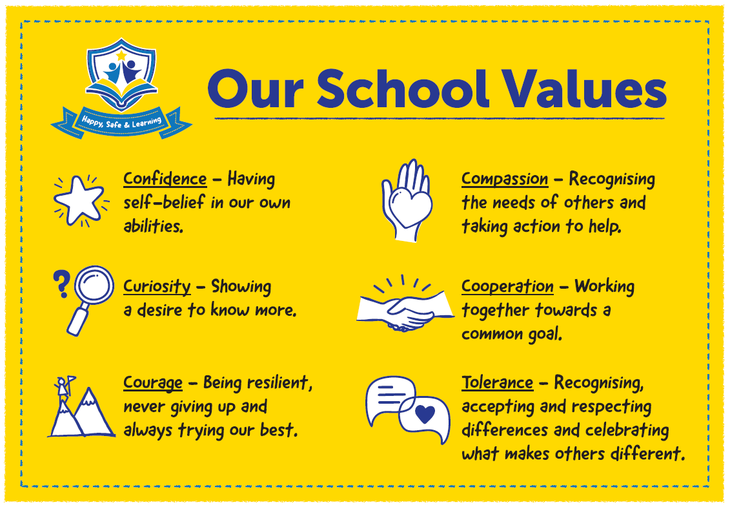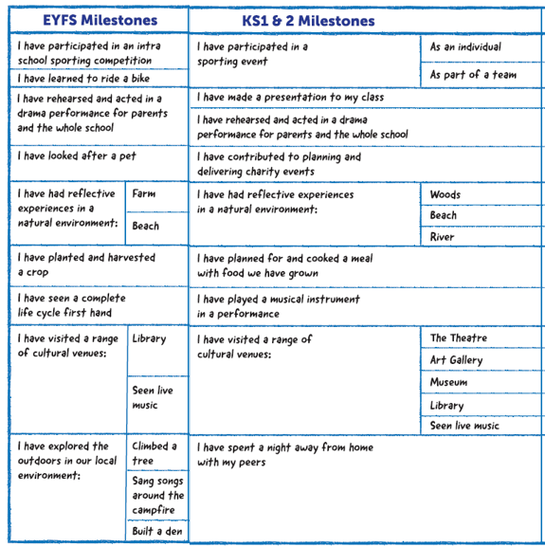Curriculum Statement
Fixby J&I School Curriculum Statement
INTENT
The Fixby Curriculum is multi-faceted; it addresses the academic development and the personal development of each pupil. At Fixby we view the education of the ‘whole’ child as vital in ensuring that our pupils have the knowledge, confidence and skills to thrive in modern society.
The Fixby Curriculum is underpinned by the school Vision Statement.
- At Fixby, we strive for every member of the school community to be happy, safe and learning.
- We provide an inclusive environment where every child is challenged to maximise their potential and become confident, life-long learners.
- We inspire our pupils to be inquisitive, curious and independent learners, who are able to offer challenge and have the resilience to be challenged.
- We teach our pupils to become capable communicators, being effective listeners and confident speakers.
- We support our pupils to be reflective and understand their own, and others, emotions and well-being, having effective coping strategies to self-regulate, recognise and seek help when needed.
- We provide opportunities for our pupils to be open to new experiences and to have the courage to try new things and through this, have the ability to discover their own interests.
- We nurture our pupils to be compassionate, responsible citizens, who understand their role and place in the modern world and who recognise and celebrate diversity.
The ‘Fixby Values’ are an essential part of the school curriculum. They are taught explicitly through the Learning for Life and Religious Education curriculum, but are woven into all subjects. The ‘Fixby Values’ teach pupils the values they need in order to responsible citizens who understand their role in modern Britain and celebrate diversity. 
The ‘Fixby Milestones’ are experiences which extend beyond the academic. They are designed to support pupils to develop in many diverse aspects of life. The aim of providing these opportunities is to develop the pupils’ character, developing their confidence, resilience, motivation and conduct to prepare them to flourish in our society. By the end of their career at Fixby J&I School, all pupils will have had the opportunity to meet the ‘Fixby Milestones.’

The Fixby Curriculum is carefully crafted around cross-curricular themes that create interest and enthusiasm, encouraging pupils to be inquisitive and curious life-long learners.
The topics studied reflect and celebrate the diversity of Fixby J&I School and are underpinned by the knowledge, skills and understanding relevant for each age phase in the National Curriculum.
Basic skills form the bedrock of our curriculum. The rehearsal and application of skills learned in the core subjects is a key feature of the curriculum. Links are made in all learning to highlight that knowledge is transferable through deeper learning and can be applied in new situations.
The whole school curriculum is sequentially planned in all National Curriculum Subjects. All planning is based on ‘end points’ identified for each year group or age phase in each subject. ‘Progression Maps’ identify the defined end points of each topic, based on the ‘Curriculum Progression’ and the knowledge, skills and understanding of each subject.
Topics are sequentially planned within academic years and across age phases to ensure the pupils have the right knowledge upon which to build subsequent learning.
While the core subjects are taught as discrete lessons, high quality English texts are chosen which link to the cross-curricular topics. This serves to deepen the children’s knowledge of a topic as they are fully immersed in it.
Each subject area has a subject specific Intent Statement.
IMPLEMENTATION
Learning requires information to be committed to long-term memory. Theories from basic cognitive science imply principles for effective teaching and learning. At Fixby, we use these principles when planning and delivering high quality lessons. This includes (but is not limited to):
- ‘Spacing’ learning out overtime
- Revisiting prior learning
- Making links with prior learning
- Retrieval practice (low stake quizzes, hinge questions)
- Modelling
- Scaffolding
- Collaborative work
- Concept / knowledge mapping
- Concrete, pictorial and abstract resources
- Active learning
Knowing that every child learns differently, our staff use a range of teaching styles to engage and motivate pupils. Learning is adapted so it is accessible by all pupils.
Lessons are designed to encourage pupils to be active learners, taking responsibility for their own learning and taking risks. Teachers provide stimulating challenges that encourage critical thinking for all pupils.
Enrichment opportunities are meshed into the curriculum to provide memorable experiences for the pupils, provide ‘real-life’ experiences and to widen their knowledge of the world. These include: educational trips, visits in the locality, visitors into school and inspirational events.
Fixby is a ‘Communication Friendly School.’ Opportunities to develop speech and language are embedded across all subjects. This includes modelling, teaching and encouraging rich vocabulary and language.
IMPACT
At Fixby, we value the importance of developing pupils’ knowledge together with their skills: this is what develops deep understanding and results in good progress. We define progress as ‘knowing more and remembering more;’ That is: has the child gained the knowledge to understand the key concepts and ideas?
Formative assessment is fundamental in assessing pupils’ knowledge, skills and understanding. Opportunities for pupils to recall what they have learnt are woven into all lessons, through effective questioning, carefully designed lessons and discussions. Analysis of observations and pupils’ outcomes are used in lessons to identify misconceptions and address gaps in learning.
At the end of each topic pupils are assessed against the intended outcomes using a range of assessment tasks. This allows us to monitor pupils’ journeys through the curriculum and track their progress towards the end points defined for each phase and each subject.
Summative assessments are actioned termly in reading, writing and maths. The outcomes of these assessments are used to identify gaps in learning on a whole class and individual pupil level and these are implemented in future planning.
These outcomes are also considered for whole school gaps and appropriate CPD implemented.
The impact of our curriculum is assessed through the following methods:
Monitoring by subject leaders and link Governors, including:
- Planning scrutiny
- Work Scrutinies
- Pupil interviews
- Data analysis
- Bi-Annual reporting of standards.
The desired outcomes of the curriculum will ensure that pupils are well rounded students, ready to embark on high school education. They will be equipped with the foundations and skills to achieve success in later education. Pupils will have an understanding of what they are good at and have developed skills to face their challenges.
If you have any questions regarding the content of this page, please do not hesitate to contact us.
